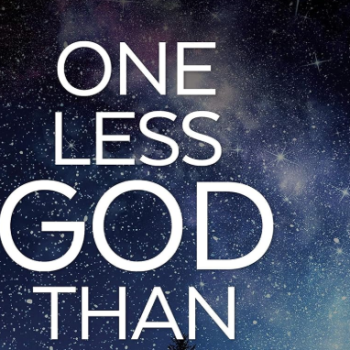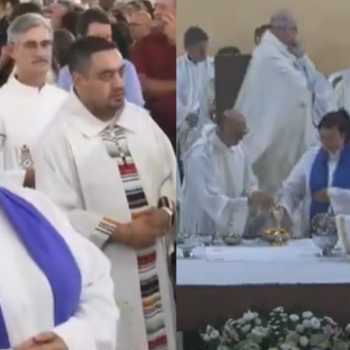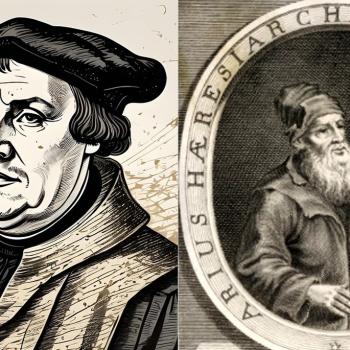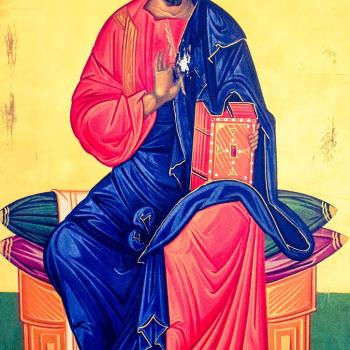I discovered John DeRosa while watching Joe Heschmeyer’s debate debrief after his discussion with Dr. James White. Joe recommended John’s Classical Theism Podcast, which eventually led me to DeRosa’s book, One Less God Than You: How to Answer the Slogans, Clichés, and Fallacies That Atheists Use to Challenge Your Faith (Catholic Answers, 2020). After reading it, I decided to write a review and highlight some popular atheist arguments DeRosa addresses. I welcome any comments on DeRosa’s responses to these challenges.... Read more

















